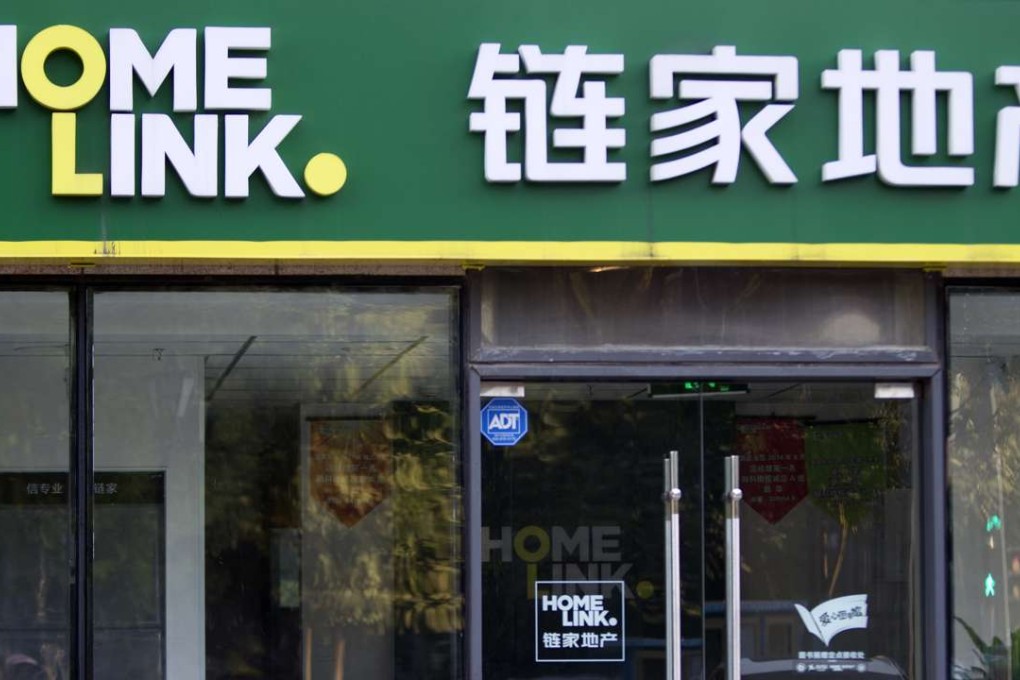Bets on Homelink, China’s biggest property agent, are risky as curbs hit home sales
As suitors compete for a slice of Homelink ahead of a planned IPO, analysts warn that government tightening measures will hit estate agents’ earnings

While investors fall over themselves to plough money into estate agency Homelink Group, the poster child of China’s secondary home market is seeing its business plunge as local governments tighten their restrictions on property sales.
Experts say the financial capital being thrown at Homelink, the nation’s biggest pre-owned home agent, is a bet on its long-term prospects, so the company’s short-term performance is less relevant.
However recent developments should remind investors of the sector’s vulnerability to regulatory risk, volatility and chronic oversupply.
“The high valuation given to Homelink might not price in regulatory risk enough,” said a Beijing venture capitalist who declined to be named. But for investors, “the dilemma is that Homelink is the sole largest player in the pre-owned home market. You’ve got few other options if you want to have a foothold in this sector.”
The government’s tightening measures will have a direct impact on property agents, including Homelink, which rely largely on collecting commission fees from transactions
Much of the recent large-scale investment in Homelink has come from developers.